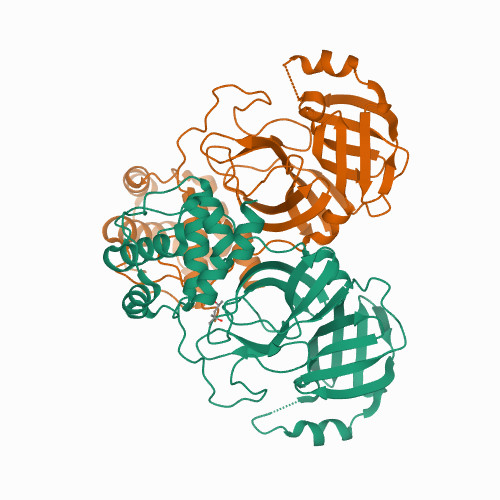BL3324 – Advanced Biochemistry
BL3324 – Advanced Biochemistry
Recent transformative changes in Biochemistry have enabled the exploration of biomolecular structures and their interactions, in vitro and in vivo. This module will provide an overview of the growing and powerful toolkit available for this new era in Biochemistry. An appreciation of these techniques, and their applications, is essential to address: 1. fundamental questions in biology 2. the ‘grand challenges’ including: sustainable agriculture & food, renewable resources and clean growth and an integrated understanding of health Advanced Biochemistry will provide a broad overview of current and emerging approaches used to characterise proteins and their interactions with other metabolites, proteins, biomolecules and drugs.
Skills acquired in this module:
Related Programme(s):
Module Code:
BL3324
Semester:
2
Credits:
20
Module Organiser:
Pre-requisite modules: BL3301 - Protein structure and function, BL2302 - Molecular biology, and BL2306 - Biochemistry
MMS
Timetable:
[events_list category="BL3324"]
Assessment:
3-hour Written Examination = 50%, Coursework = 50%MMS assessment details
The following related information applies to all Biology modules:
School of Biology Marking Criteria:
School handbook
Late submission of continuous assessment work:
All late submissions of coursework that do not require electronic submission should be made via the late submissions box in the Biology Study Space, St Andrews New Technology Centre Building (beside the Teaching Office)
Exam details:
School handbook
Exam timetable:
Timetable
Expected attendance:
School handbook
Good Academic Practice & Avoiding Academic Misconduct:
School handbook
University Student Handbook:
University student handbook
School and University Regulations:
School and University regulations in the School and University Undergraduate Handbook relating to absence reporting, penalties and rules for late submission of work, extensions for coursework, return of coursework, S-coding, good academic practice and Academic Alerts.
School handbook
University student handbook
Staff:
Learning Outcomes:
Students completing module BL3324 successfully should be able to:
- develop an appreciation of current and emerging approaches used to characterise protein function in vivo and in vitro
- be able to outline the methods used to characterise protein-ligand interactions in vivo and in vitro, (ligands including metabolites, proteins, biomolecules, drugs)
- be able to demonstrate the use of enzyme kinetics to characterise an enzyme and its inhibition
- gain an awareness of bioenergetic experimental approaches and their application to the study of the associations between mitochondria and disease
- gain more confidence in experimental design, data handling and data presentation
Policies:
(Information in this section applies to all Biology Modules)
- The procedures and regulations followed by the School of Biology are outlined in the University Handbook and in the School of Biology Undergraduate Handbook (https://biology.st-andrews.ac.uk/students/wp-content/uploads/sites/6/2022/05/Undergraduate-Handbook-2021-22.docx)
- All coursework associated with the module must be completed and submitted by its due date.
- Specific School regulations relating to absence reporting, penalties and rules for late submission of work, extensions for coursework, return of coursework, S-coding, Good Academic Practice and Academic Alert are stated in the School of Biology Undergraduate Handbook and students are required to carefully read these regulations.
- Students are also referred to the University Handbook, available at:http://www.st-andrews.ac.uk/studenthandbook/
